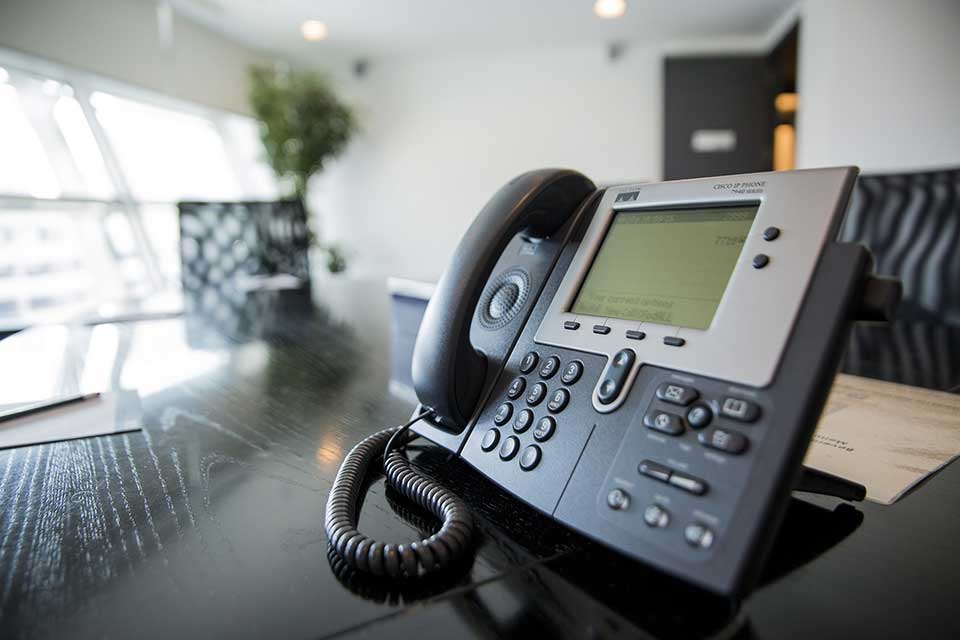According to the American Cable Association (ACA), small VoIP providers may struggle to meet the technology demands of the Federal Communications Commission’s (FCC) proposed robo calling solution plan. ACA represents around 750 of the smaller and mid-sized firms distributed around the US market.
The association claims that most of its members might not afford the technology required for the SHAKEN/STIR FCC’s proposal.
The SHAKEN (Signature-based Handling of Asserted Information Using toKENs) is a framework that has been developed by STIR (Secure Telephone Identity Revised), a working group that is looking for ways to prevent the 2.4 billion robo calls made to Americans every month.
The system uses digital certificates, based on common public key cryptography techniques to ensure that a calling number is accurate and secure and has not been spoofed. The service can be provided by a carrier, a third party company or even via software built into a VoIP device.
ACA’S CEO Matthew M. Polka says that:
The FCC should take into account the role that small facilities-based VoIP providers play in the communications ecosystem, and minimize the challenges that such providers might face in implementing any new technical standards.
The association recognizes that the proposed SHAKEN/STIR call authentication framework could become part of the solution to the illegal robocall and spoofing problem. However, it also arguments that small and mid-sized VoIP providers have not been involved in the development of the proposed plan and therefore might have problems implementing the technology and paying for the costs involved.







